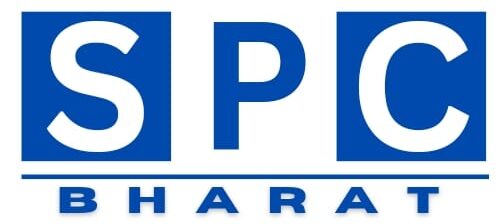Existence of Tax credits
Indian tax law authorizes the Indian Government to enter into an agreement with the government of any other country to grant relief in respect of income on which taxes have been paid in both countries, to avoid double taxation of income, to exchange information for the prevention of evasion or avoidance of income tax and to recover income tax.
The Finance Act 2006 introduced a new sec 90A, whereby any specified association in India may enter into agreement with their counterparts in the specified territory outside India and the Central Government may, by notification in the Official Gazette make such provision as may be necessary for adopting and implementing such agreement to grant relied in respect of income on which taxes have been paid in both countries, to avoid double taxation of Income, to exchange information for the prevention of evasion or avoidance of income tax and to recover income tax.
Unilateral relief is also available, mainly to persons who are resident in India. The relied is allowed in respect of income which has accrued outside India where tax is payable both in the foreign country and in India. The foreign country must be one with which India has no tax treaty and the tax must actually have been paid in that country.
Indian tax laws do not contain any provision for tax sparing. Double tax relief is granted but only with reference to tax actually paid. Likewise, tax treaties entered into by India usually do not provide for tax sparing.
Procedures for resolving tax disputes
A taxpayer aggrieved by an order of the assessing officer can appeal against the order to the Commissioner (Appeals). If not satisfied, the taxpayer can take the dispute to the Income Tax Appellate Tribunal and thereafter, to the High Court and Supreme Court. Taxpayers may also file a petition for revision before the Commissioner.
The Income Tax Act 1961 (the “Act”) gives the Commissioner (Appeals) and the Appellate Tribunal considerable autonomy and powers to determine the procedure to be followed in appeals.
An Income Tax Settlement Commission has been established to settle cases relating to assessment and reassessment. The Income Tax Settlement Commission is constituted by the Central Government and it consists of a Chairman and as many Vice Chairman and other members as the Central Government may think fit for settling a particular case. The Chairman and the Vice Chairman function within the Department of the Central Government dealing with direct taxes.
The Appellate Tribunal, consisting of judicial and accountant members, is constituted by the Central Government to hear appeals from the orders of the assessing officer, Deputy Commissioner (Appeals) and Commissioner (Appeals).
A reference on a question of law may be made to the High Court and, in certain cases, directly to the Supreme Court.
Advance Tax Ruling Scheme
The Advance Tax Ruling Scheme has been introduced to facilitate the inflow of foreign investment. The scheme is applicable to non-residents. Under the scheme, advance tax ruling can be given on questions of law or fact or both in relation to a proposed or concluded transaction. In addition to non-residents, residents notified in the Official Gazette by the Central Government will also be allowed to seek advance tax ruling. Ruling are to be given within a period of six months.

